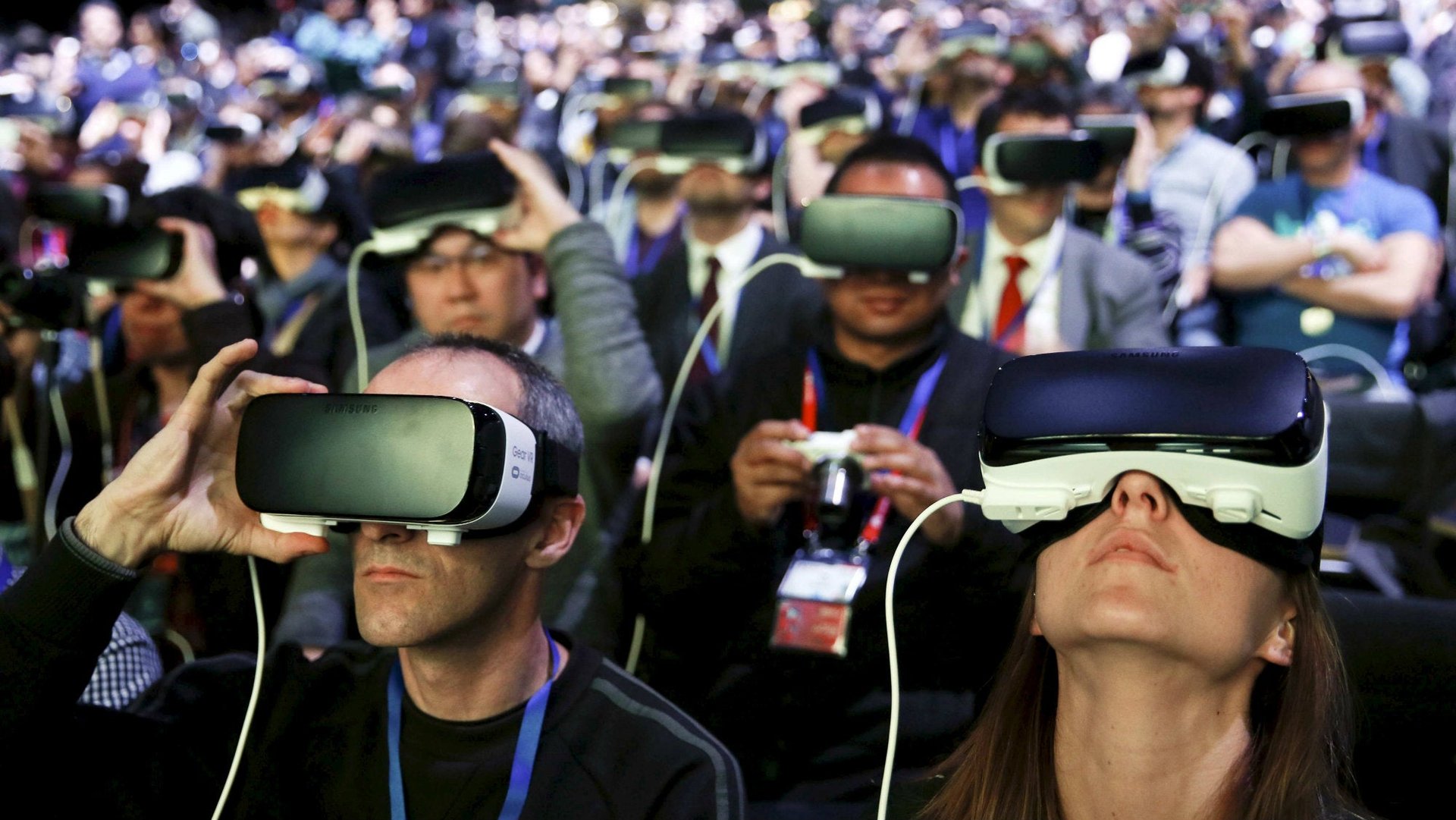A Harvard physicist explains the problem with believing we live in a simulation
There are people who watched the chaotic Best Picture announcement at the Academy Awards on Feb. 26 and said to themselves, “Wow. Someone really messed up those envelopes.”


There are people who watched the chaotic Best Picture announcement at the Academy Awards on Feb. 26 and said to themselves, “Wow. Someone really messed up those envelopes.”
And then there are people—smart, thoughtful, non-tinfoil-hat-wearing people—who watched the confusion play out and said to themselves, “Wow. I guess we really are helpless pawns in an alternative reality controlled by a future civilization.”
In addition to making Academy Awards history, the screw-up also reinvigorated a philosophical argument first put forward in 2003 by Oxford University philosophy professor Nick Bostrom: that reality as we know it is more likely than not a computer simulation manipulated by members of an advanced future society.
Although “simulation theory” is now more than a decade old, the idea has gained new life amid the what-the-hell-just-happened? tenor of recent current events. During a debate on the subject at the American Museum of Natural History last year, moderator Neil deGrasse Tyson said that “the day we learn that it is true I will be the only one in the room saying I’m not surprised.” Elon Musk took it even further, claiming publicly in June that “the odds that we’re in base reality is one in billions.”
Sunday’s envelope mixup, an unprecedented gaffe in 87 years of the Oscars, was swiftly identified as yet more evidence of the simulation hypothesis. Within 24 hours of the telecast, Adam Gopnik at the New Yorker wrote (paywall) that stunning upsets in the 2016 US election, the Super Bowl, and the Academy Awards all made sense through the prism of simulation theory. “Once this insight is offered,” he wrote, “it must be said, everything else begins to fall in order.”
Except… it doesn’t. Also at the Natural History Museum debate last year was Harvard theoretical physicist Lisa Randall, who in transcripts of the discussion comes off as an unapologetic simulation skeptic. She estimated the statistical probability that we’re living in a future computer game as “effectively zero,” and wondered “why so many people think it’s an interesting question.”
Quartz contacted Randall after the Oscars to see if the La La Land/Moonlight kerfuffle had swayed her on the simulation argument. Turns out, not so much.
“At this point, we cannot prove that we do or don’t live in a simulation,” she wrote in an email. “More to the point, there is no reason to believe that we do. However, we can pretty much be sure that people will do amazing things and they will also mess up in spectacular ways.”
Randall brought up another point: Whether the system in question is a movie awards show, or democracy itself, it’s a lot easier to believe that we’re helpless cogs in the machine than people with the power to fix that machine.
“Sometimes the simulation hypothesis is brought up in jest, but sometimes it is a way of abdicating responsibility,” she wrote. “I’m guessing it would be more fruitful to focus on what we can do to avoid errors and improve the world, rather than attribute undesired or surprising results to external uncontrollable forces.”
Improve the world, step 1: Double-check those Oscars envelopes.